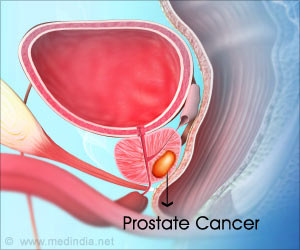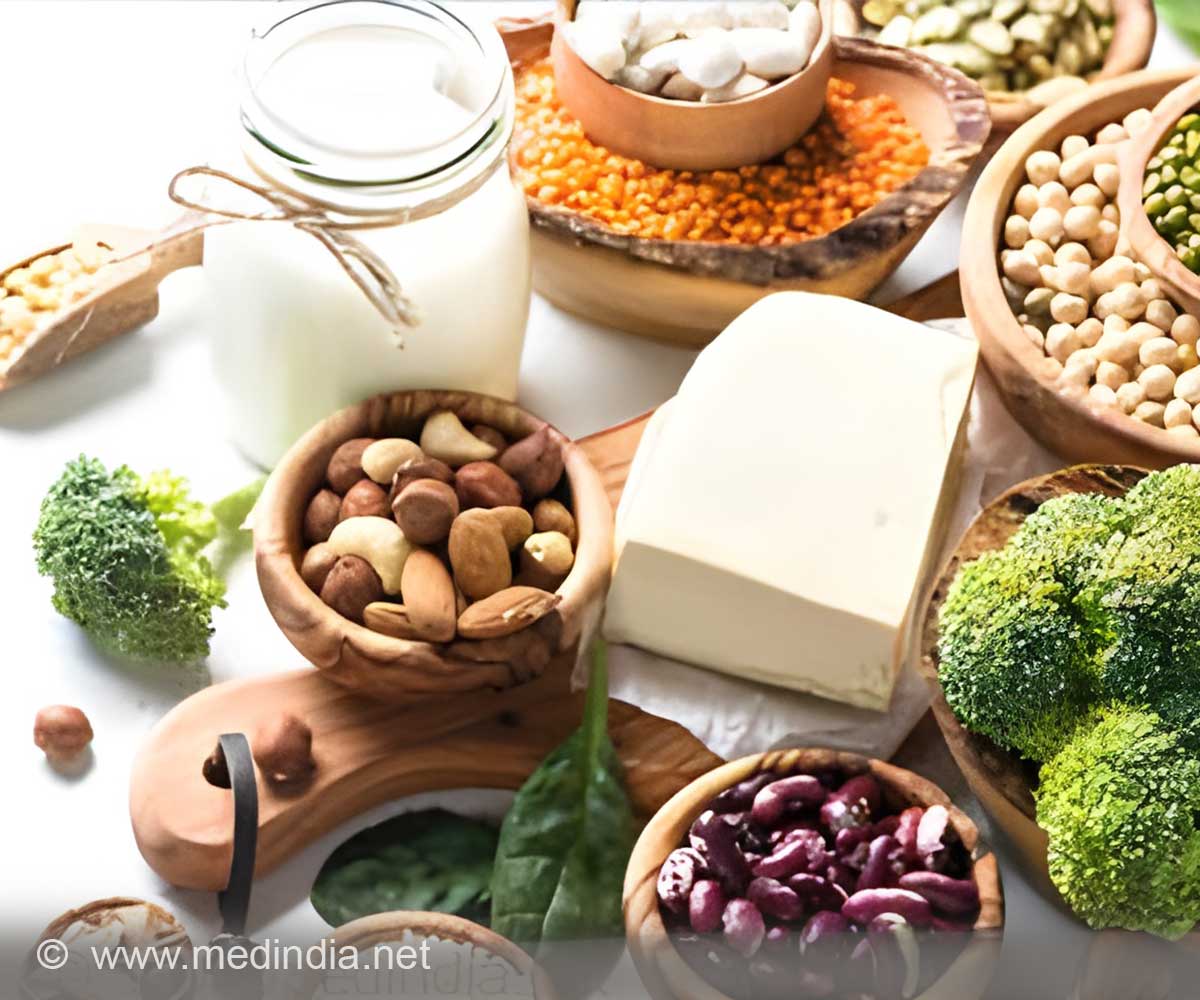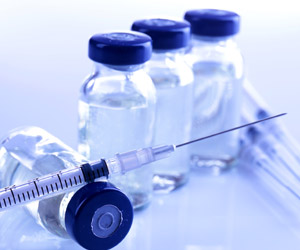“Our findings add important weight to other evidence associating dairy products, rather than non-dairy calcium, as a modifiable risk factor for prostate cancer,” said Gary Fraser, MBChB, PhD, the study’s principal investigator and professor at Loma Linda University School of Medicine and School of Public Health.
Link Between Dairy Products and Prostate Cancer
The study’s results reveal that men who consumed about 430 grams of dairy per day (1 ¾ cups of milk) faced a 25% increased risk of prostate cancer compared to men who consumed only 20.2 grams of dairy per day (1/2 cup of milk per week). Also, men who consumed about 430 grams of dairy per day faced an even greater increase in risk when compared to men with zero dairy intake in their diets.
Advertisement
Fraser noted that the results had minimal variation when comparing intake of full fat versus reduced or nonfat milks; there were no important associations reported with cheese and yogurt.
Fraser and co-authors published the study “Dairy foods, calcium intakes, and risk of incident prostate cancer in Adventist Health Study-2,” today in the American Journal of Clinical Nutrition.
The study evaluated the dietary intakes of over 28,000 North American men with a wide range of dairy and calcium exposure, all of whom were initially free of cancer. Dietary intakes were estimated from food frequency questionnaires (FFQ) and repeated 24-hour recalls. A baseline questionnaire included demographics, family history of prostate cancer, physical activity, alcohol consumption, prostate cancer screening, and BMI.
Researchers then used cancer state registries to follow up on the participants’ prostate cancer status for an average time of nearly eight years. By the end of the study period, state cancer registries reported 1,254 new prostate cancer cases among the participants during follow-up.
As part of their analysis, Fraser said he and co-authors separated non-dairy calcium intake (from nuts, seeds, cruciferous and other green vegetables, legumes, fruits, and fortified cereals) from dairy foods intake. They used a statistical model to focus on the intake of dairy foods irrespective of other factors like non-dairy calcium intake, family history of prostate cancer, race, or age.
The nature of the large, diverse cohort placed study authors in a solid position to assess these differences, Fraser said. “Because our study cohort showed a great disparity and divergence of dairy intake and calcium levels, we could ask the question with unusual strength.”
Fraser says one interesting factor to note is that results did not show a uniform rise in risk in men with incrementally more dairy intake. In other words, increasing dairy intake by 50-gram increments did not yield the same risk increases as the portions grew larger and larger.
“Most of the continuing increase in risk is done with by the time you get to 150 grams, about two-thirds of a cup of milk per day,” Fraser said. “It’s almost as if some biological or biochemical pathway is saturated at about two-thirds of a cup of milk per day.”
Prior studies may have missed the curvilinear effect or non-uniform rise in risk between dairy consumption and prostate cancer if most of those participants already drank more than one cup of milk per day. However, this study’s cohort allowed researchers to compare an extensive range of dairy consumption, including very low levels.
Data provided little evidence of an association between calcium intake and incident prostate cancer. “One interpretation is that dairy foods, or some closely associated unknown risk factors, are causally related to the risk of prostate cancer,” the study stated.
Fraser said the possible reasons for these associations between prostate cancer and dairy milk might be the sex hormone content of dairy milk. Up to 75% of lactating dairy cows are pregnant, and prostate cancer is hormone-responsive cancer. Further, prior reports have associated intake of dairy and other animal proteins with higher blood levels of a hormone, insulin-like growth factor-1 (IGF-1), which is thought to promote certain cancers, including prostate.
A prior study from Adventist Health Study-2 about the effects of dairy on breast cancer risk in women reported similar results both in the non-uniform risk with increased consumption levels and in the magnitude of risk, Fraser said.
“The parallels between our breast cancer in women paper a year ago and this paper relating to men, are striking,” he said. “It seems possible that the same biological mechanisms are at work.” However, Fraser says this study does not yet conclusively indicate that milk causes prostate cancer.
As further studies investigate how dairy consumption could increase prostate cancer risk, Fraser advises that prudent men with a family history of prostate cancer or other risk factors would “be cautious” about consuming even moderate levels of dairy milk as part of their diet until this is clarified.
“If you think you’re at higher-than-average risk, consider the alternatives of soy, oat, cashew, and other non-dairy milks,” he said.
The study is part of the Adventist Health Study-2, a long-term health study exploring the links between lifestyle, diet, and disease among members of the Seventh-day Adventist church. The Adventist Health Study is funded in part through the generosity of the Ardmore Institute of Health.
Source: Eurekalert



